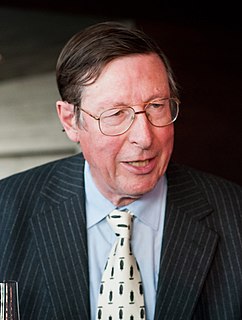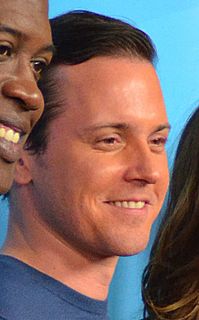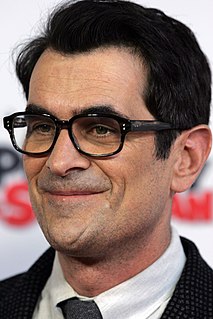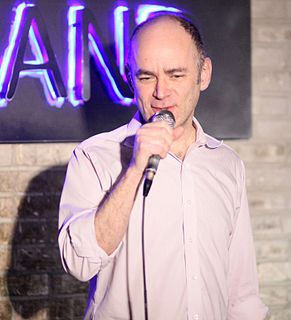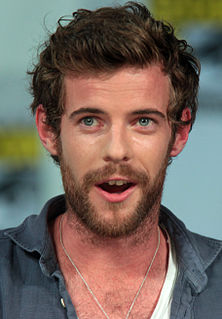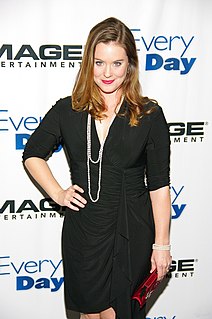A Quote by Max Hastings
We're taking part in a divine comedy and we should realise that the play is always a comedy, in that we're all ultimately ridiculous.
Quote Topics
Related Quotes
I think that there's a fine line between comedy and drama. I think that ultimately, the less winking that's going on when you're doing comedy - and this is just my own thing, and maybe it's why I've never been hired in comedy except by Bill Lawrence - but I think that the less winking you do with comedy, the better off you are.
The problem with a lot of comedy clubs is not that they are a comedy club; it's just the cheesy way they're presenting themselves. That's why a lot of people have a problem with them. If you're a relatively unknown comedian, you can play at a comedy club, you might play to hundreds of people every night. But if you try to make a concert event out of it, and try to play a rock club or something, where you might play to 10 people or no people. And the flipside of that is, that's also a great thing, to play to people who are your fans. Some people are too hard on the comedy clubs.
Comedy is lively, comedy is joy, and that's what keeps us [people] going, we've got to look forward to little, little happiness's. Little, little joys, and comedy is very, very important, it's a vital. We underestimate its value, but we should see more comedies. Comedy is life giving, it's invigorating. I really believe it.
